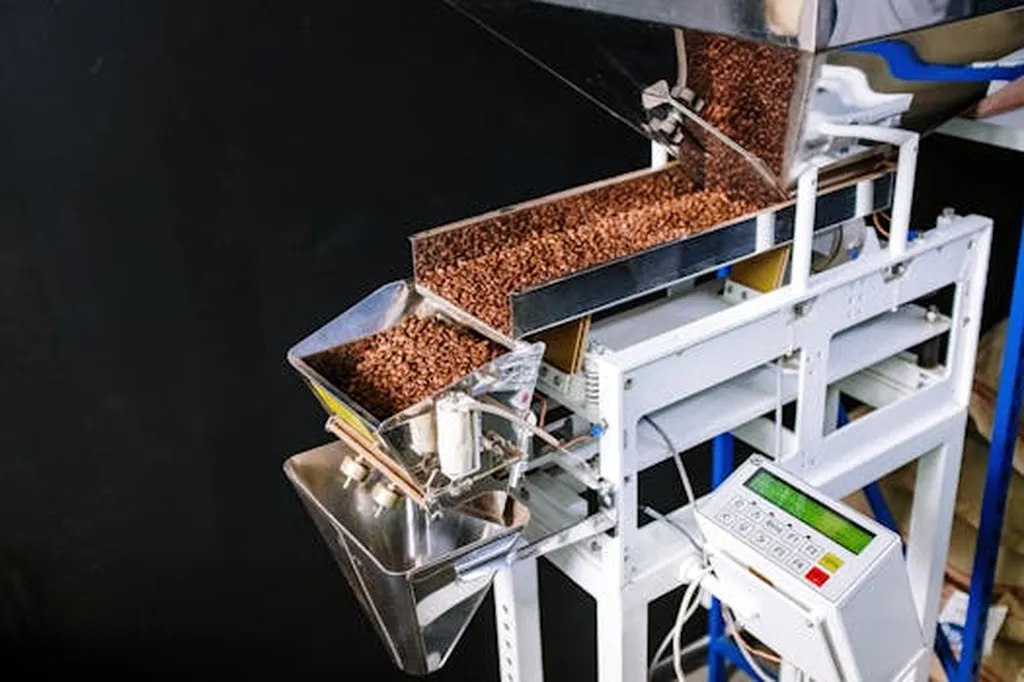In the rolling hills of Colombia’s coffee region, a quiet revolution is brewing, one that promises to transform the way coffee is cultivated. A recent study published in ‘Mundo Fesc’ introduces the concept of the “Digital Coffee Farmer,” a vision where technology meets tradition to boost productivity and sustainability. At the heart of this innovation lies the use of wireless sensor networks (WSN) and machine learning techniques, tools that could very well redefine precision agriculture.
The study, led by William Ruiz Martinez from Corporación Universitaria Iberoamericana, highlights the stark reality of Colombian agriculture. Currently, many productive processes, particularly in coffee cultivation, rely heavily on empirical methods or manual labor. This lack of technological integration has left significant room for improvement, both in terms of efficiency and yield prediction.
Wireless sensor networks are the backbone of this digital transformation. These networks consist of spatially distributed autonomous sensors that monitor environmental conditions, such as temperature, humidity, and soil moisture. By deploying these sensors across coffee plantations, farmers can gain real-time insights into the agro-environmental variables that critically impact their crops. “This technology allows farmers to make data-driven decisions, optimizing resource use and ultimately enhancing crop yields,” explains Ruiz Martinez.
The integration of machine learning techniques further amplifies the potential of these sensor networks. By analyzing historical data and current environmental conditions, machine learning algorithms can predict future harvests and expected production levels with remarkable accuracy. This predictive capability is a game-changer for coffee farmers, enabling them to plan more effectively and mitigate risks associated with unpredictable weather patterns and other environmental factors.
The commercial implications of this research are profound. Precision agriculture, driven by the Internet of Things (IoT) and machine learning, holds the promise of significantly increasing productivity while reducing costs. For coffee farmers, this means higher yields, better quality, and more stable incomes. On a broader scale, the adoption of these technologies could position Colombia as a leader in sustainable and technologically advanced coffee production, enhancing its competitiveness in the global market.
The study also underscores the importance of education and training for coffee farmers. To fully harness the potential of these technologies, farmers need to be equipped with the necessary skills and knowledge. This calls for collaborative efforts between educational institutions, technology providers, and agricultural cooperatives to create comprehensive training programs.
As the world increasingly turns to technology to address the challenges of food security and sustainability, the concept of the “Digital Coffee Farmer” offers a compelling blueprint for the future of agriculture. By embracing these innovations, coffee farmers can not only improve their livelihoods but also contribute to a more resilient and sustainable agricultural sector.
The research published in ‘Mundo Fesc’ by lead author William Ruiz Martinez from Corporación Universitaria Iberoamericana provides a glimpse into a future where technology and tradition converge to create a more prosperous and sustainable agricultural landscape. As the digital revolution sweeps through the fields, the coffee farmer of tomorrow will be better equipped to navigate the complexities of modern agriculture, ensuring a bountiful harvest for generations to come.

